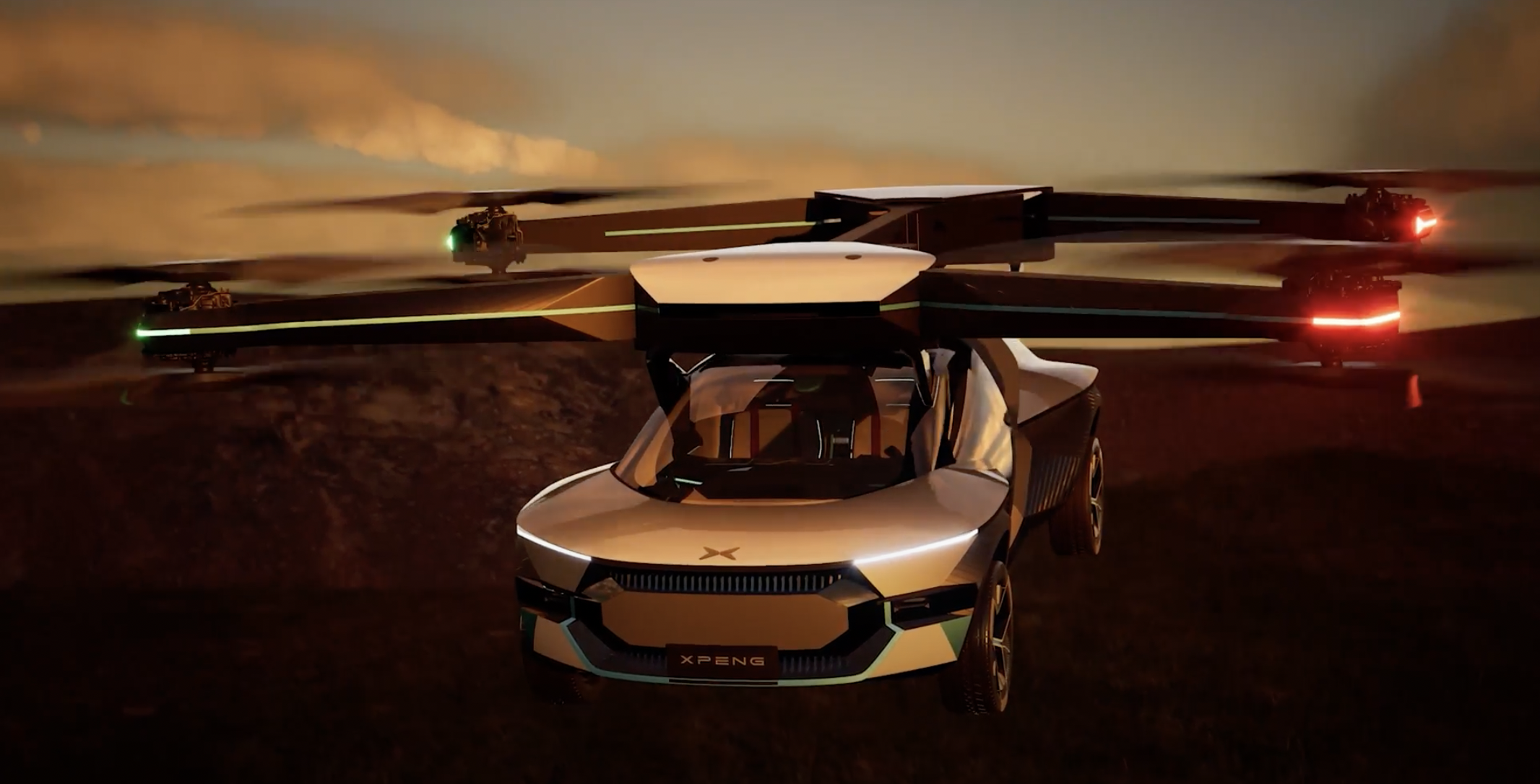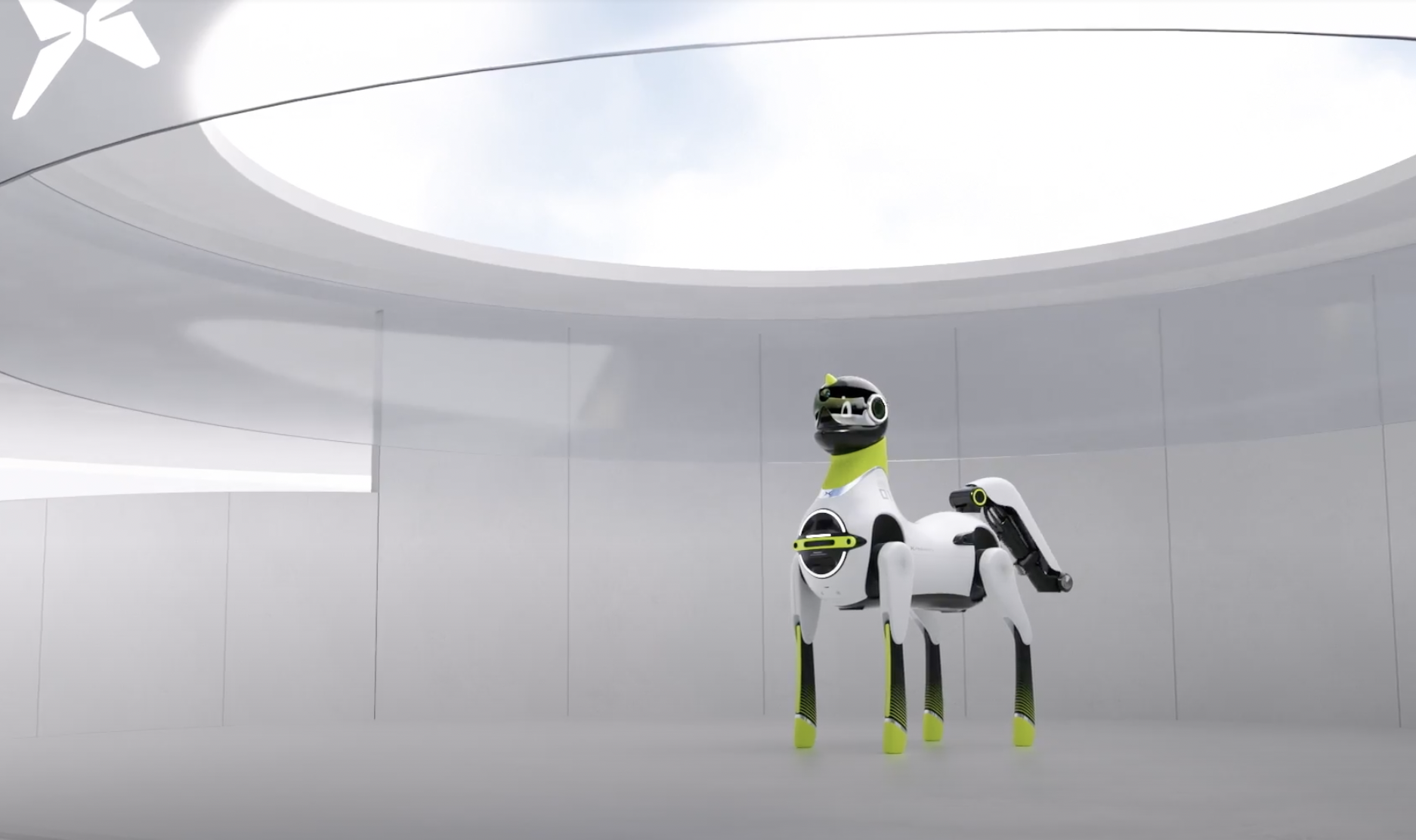Chinese luxury EV startup XPeng is moving forward on its plans to launch a robotaxi business. The company’s latest G9 SUV became China’s first mass-produced commercial vehicle to pass a government-led autonomous driving closed-field test, the company said Monday at its fourth annual 1024 Tech Day.
When XPeng unveiled the G9 in Septemberthe company said it would come equipped with XPeng’s new advanced driver assist system (ADAS), the XNGP, which combines XPeng’s Highway Navigated Guided Pilot (NGP) and City NGP to automate certain driving functions in both highway and urban driving scenarios.
Now, XPeng says the XNGP is good enough to lay the groundwork for a robotaxi network, and the G9 can help that network scale, according to XPeng’s vice president of autonomous driving, Dr. Xinzhou Wu.
“Obtaining the road test permit by our mass-produced commercial vehicles — with no retrofit — is a major achievement,” said Wu at XPeng’s Tech Day. “Our platform-based robotaxi development aims to generate significant cost benefits, and ensure product quality, safety and user experience.”
Image Credits: XPeng
XPeng attributes its advances in autonomy to its next-generation visual perception architecture, XNet, which adopts an in-house developed deep neural network that delivers visual recognition with “human-like decision-making capabilities, drawing from multiple cameras’ data,” according to the company. XPeng says the neural network technology overrides manual processing logic to constantly self-improve.
XNet is backed by Fuyao, a Chinese supercomputing center for autonomous driving, and supported by Alibaba Cloud’s intelligent computing platform, XPeng said. This helps XNet reach a supercomputing capability of 600 PFLOPS, which the company says increases the training efficiency of its AV stack by over 600 times. This is a bold claim, one that positive model training can be reduced to 11 hours, rather than the 276 days it took previously.
XPeng says the upgrades to its AV stack have allowed the company to establish an entirely closed-loop autonomous driving data system — from data collection and labeling to training and deployment — that has been able to resolve over 1,000 edge cases each year and reduce the incident rate for Highway NGP by 95%.
The robotaxis will also feature XPeng’s new AI-powered voice assistant, according to He Xiaopeng, co-founder and CEO of XPeng. The voice system incorporates Multiple Input Multiple Output (MIMO) multi-zone technology to recognize commands from every passenger in the cabin and understand various instructions across multiple streams of conversations. XPeng says its voice assist tech doesn’t need an internet connection or an activation command (like “Hey Siri”), and is good enough to be accurate 96% of the time and operate in less than one second.
XPeng will make the new voice assist technology standard on all new vehicles in China, the company said.
XPeng’s robot pony and eVTOLs

Image Credits: XPeng
At XPeng’s Tech Day, the company also provided updates to its robot pony and flying car. Let’s start with the pony.
It’s certainly cuter-looking than Tesla’s humanoid robot, but no less fantastical to imagine going to market anytime soon. Regardless, XPeng shared some design upgrades to support “mutlidegree-of-freedom” motion and locomotion capabilities that might get it closer to moving more naturally. This will help the robot adapt better to “complex indoor and outdoor terrain conditions such as stairs, steep slopes and gravel roads,” according to XPeng.

Image Credits: XPeng
XPeng also revealed an upgraded design for its electric vertical take-off and landing (eVTOL) flying car, which is being developed by affiliate XPeng Aeroht. When XPeng first unveiled its flying car concept, it had a horizontal dual-rotor structure. This year’s design features a new distributed multi-rotor configuration. The test vehicle successfully completed its maiden flight and multiple single-motor failure tests, XPeng said Monday.
XPeng also provided some more information of how a driver would go from controlling a car to a flying car — in flight mode, the car will be piloted using the steering wheel and the gear lever will be used to control movement forward and backward, make turns , ascend, hover and descend, the company claims.
